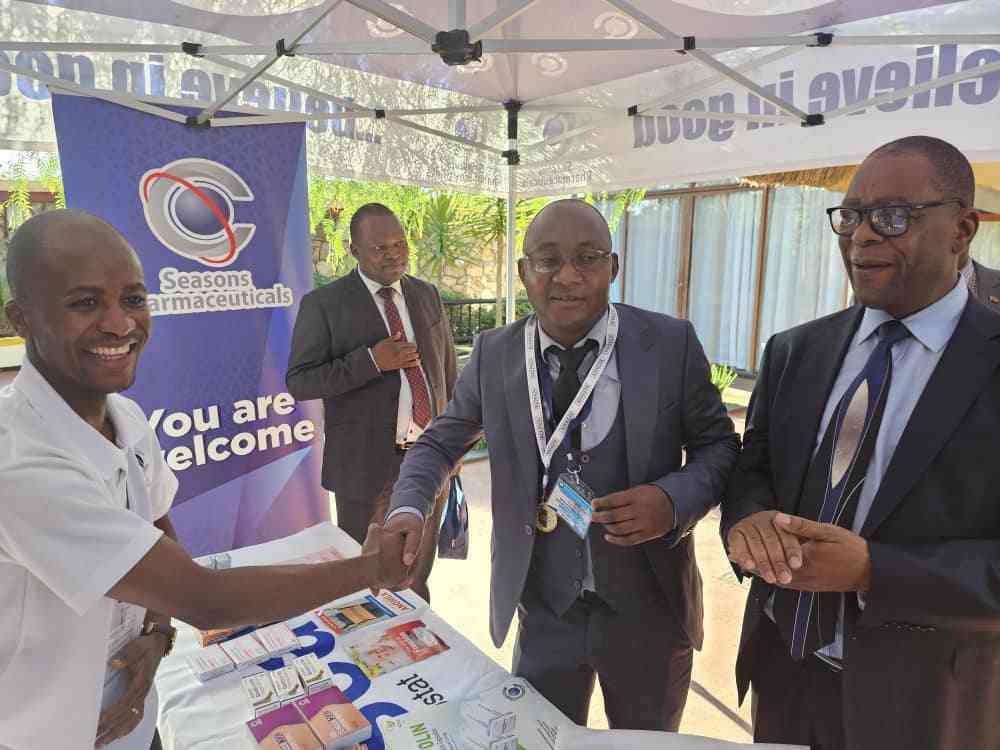
The treasury will review the budgetary allocation for the health sector with a possibility of increasing the provision under the 2023 national budget, Health minister Douglas Mombeshora said yesterday.
Last year the budgetary allocation to the Health ministry was around 10.6% of the national budget while this year, the treasury made a declaration of 11.2%.
The allocation falls short of the Abuja Declaration that for African countries to make health milestones, at least 15% of their national budget should be allocated to the health sector.
Mombeshora told private medical players attending the third edition of the Medical and Dental Private Practitioners of Zimbabwe Association (MDPPZA) conference in Bulawayo that treasury will review the allocation.
The conference is running under the theme Revolutionising health: Uniting for a future of care.
“As the Health minister I will push for money to support medical services under my ministry,” Mombeshora said.
“I have engaged the [Finance] minister and I told him that we are not happy with the allocation and he promised us that they will have to relook at it.
“They understood our presentation, but I don't know what they are going to do.”
- Mthuli grilled over health budget
- It’s time to advocate for national health insurance
- Interview: Turning nurses into entrepreneurs
- Farmers urged to insure livestock
Keep Reading
Mombeshora said he also had to confront the Finance minister over the Global Fund allocation.
“I had the task to go and convince Mthuli Ncube about access to US$500 million over three years on condition that we pledge some money in the Global Fund,” he said.
“I told the minister that he will give us the money so that we can access the Global Fund money.”
He said the government was ready to collaborate with private medical players for the improvement of the health care system.
Government owns around 70% of health facilities in the country, while the private sector owns about 30%.
“I think our aim should be the same, to make our medical services better,” he said.
“We are not at war. Let’s complement each other and let’s work together.
“Where you see gaps, please let us know.”
Mombeshora promised to rein in errant medical aid societies that fleece private medical players.
MDPPZA president Johannes Marisa said private medical practitioners felt they were being pushed away from the medical value chain.
“There is the issue of ownership of medical facilities,” Marisa said.
“We have noted your concerns that the law should be amended to allow at least 51% ownership of medical institutions by medical practitioners.
“By way of comparison, the pharmacists seem to enjoy better protection as no pharmacy can be licensed to operate without the pharmacist being the major shareholder.
“Many unnecessary players are causing a lot of pain in the health sector and it is time we reclaimed what belongs to us.”
Marisa said private practitioners stood tall with the government during the Covid-19 outbreak.
“The practitioners fought fervently in a bid to reduce both mortality and morbidity,” he said.
“Vaccination was made easier as vaccine decentralization saw at least 70% of private health institutions complementing the government by administering Covid-19 jabs.
“By 22 October 2023, a total of 13 935 112 Covid-19 vaccine doses had been administered.
“We pay tribute to 5 720 citizens who succumbed to the diabolical virus since the index Covid-19 case of 20 March 2020.”
MDPPZA is an all-inclusive body made up of doctors, nurses, laboratory technicians, scientists and dentists in private practice.










